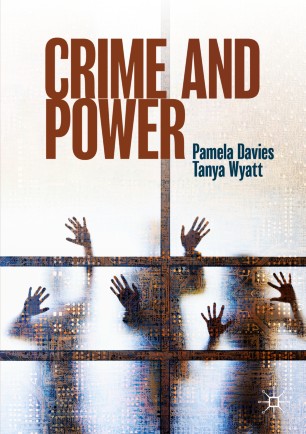

Most ebook files are in PDF format, so you can easily read them using various software such as Foxit Reader or directly on the Google Chrome browser.
Some ebook files are released by publishers in other formats such as .awz, .mobi, .epub, .fb2, etc. You may need to install specific software to read these formats on mobile/PC, such as Calibre.
Please read the tutorial at this link: https://ebookbell.com/faq
We offer FREE conversion to the popular formats you request; however, this may take some time. Therefore, right after payment, please email us, and we will try to provide the service as quickly as possible.
For some exceptional file formats or broken links (if any), please refrain from opening any disputes. Instead, email us first, and we will try to assist within a maximum of 6 hours.
EbookBell Team

0.0
0 reviewsThis textbook makes a concerted effort to expose crimes committed by those wielding unfettered personal power and crimes by corporations, business and states, crimes against human and non-human species and the environment. It examines an increasingly complex interplay of issues which surely should be at the heart of any criminology programme. This text adopts a fresh and innovative approach to exposing the crimes of the powerful, situating and understanding crimes and victimisations as it does within a framework where questions of structural and personal power in society are key.
Fourteen case studies are threaded throughout the book and this methodology is used as a teaching resource for studying and uncovering the crimes of the powerful. The first three chapters comprehensively contextualise the problems of crime and power and establish the importance of power to understanding crime and victimisation in society. The chapters within Part I and Part II of the book then explore individual and group power respectively. Each of these chapters explore a case study or case examples followed by ‘Pause for Thought’ questions. Bigger ‘Go Further’ study questions are posed at the close of these chapters challenging students to engage in their own case study research to investigate the dynamics of crime and power.